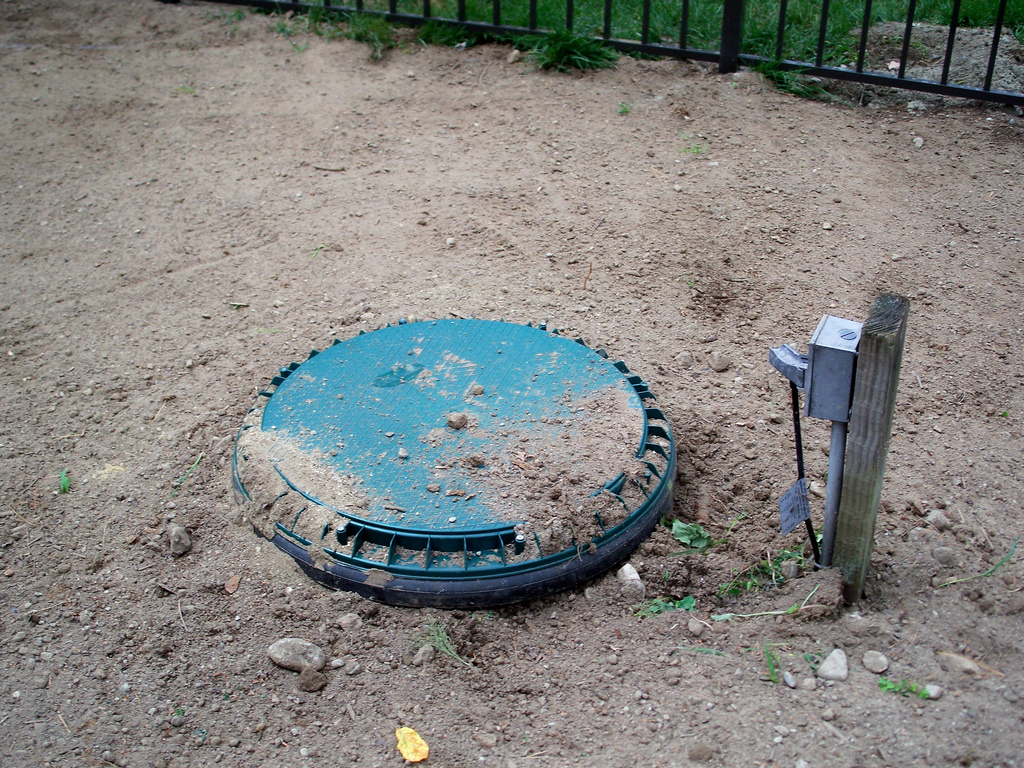
E. coli is a major bacterial pollutant in Michigan’s water. While E. coli is commonly talked about in reference to combined sewer overflows and large-scale agricultural operations, there is another major source of E. coli in our water that every state in the country other than Michigan has worked to eliminate — leaking and failing septic systems.
Michigan is currently the only state that does not require regular inspections of septic systems, and the problem is only getting worse with time. Septic systems are generally found in rural areas where municipal sewer systems don’t exist, or in older homes that were built prior to the municipal sewer systems that now serve two thirds of Michigan families.
Eleven out of Michigan’s 83 counties currently have established septic codes which are administered by county health departments. Most of these codes include inspections only at the point of sale. In other words, if a house isn’t sold for 20 to 30 years, its septic system doesn’t have to be inspected, and often are not, for 20 to 30 years. Point of sale ordinances are better than nothing, however they aren’t strong enough to protect our ground and drinking water.
In Kent County alone, there are an estimated 11,250 failing septic systems, leaking approximately 1 million gallons of raw sewage into groundwater supplies each day. Kent County currently has a voluntary inspection program, but does not require inspections. Oakland County, with more inland lakes than any other county in Michigan, has more than 100,000 septic systems. According to the Oakland county health department, 25 to 30 percent of these systems are leaking. Oakland County does not currently require any inspections for septic systems, and has frequent problems with E. coli contamination of rivers and lakes.
These two counties are not alone in having persistent problems with high levels of E. coli in water. In a 2015 Michigan State University study, all 64 rivers examined for E. coli were found to have higher than federally allowed levels of E. coli. The Michigan Department of Environmental Quality (MDEQ) estimates that approximately half of the rivers and streams in Michigan exceed the water quality standard for E. coli. About one in every five monitored beaches have had closures recently due to bacterial pollution.
The Michigan Legislature is aware of this problem. In recent years, both Republicans and Democrats have proposed septic code legislation, yet Michigan remains the only state without a statewide code. Clean Water Action is committed to strengthening septic codes at the county level, and working to pass a statewide septic code to protect our water and public health.
Thanks to our organizing and the advocacy of residents in the county, the Oakland County Board of Commissioners is aware of this problem and is reviewing their septic policy. In order to set an example for the state, we need residents like you to make your voices heard. Oakland County residents can get involved with this campaign at the county level by becoming a Clean Water volunteer! We hold monthly meetings every 4th Tuesday of the month at 6:30pm. To learn more, please contact us below.